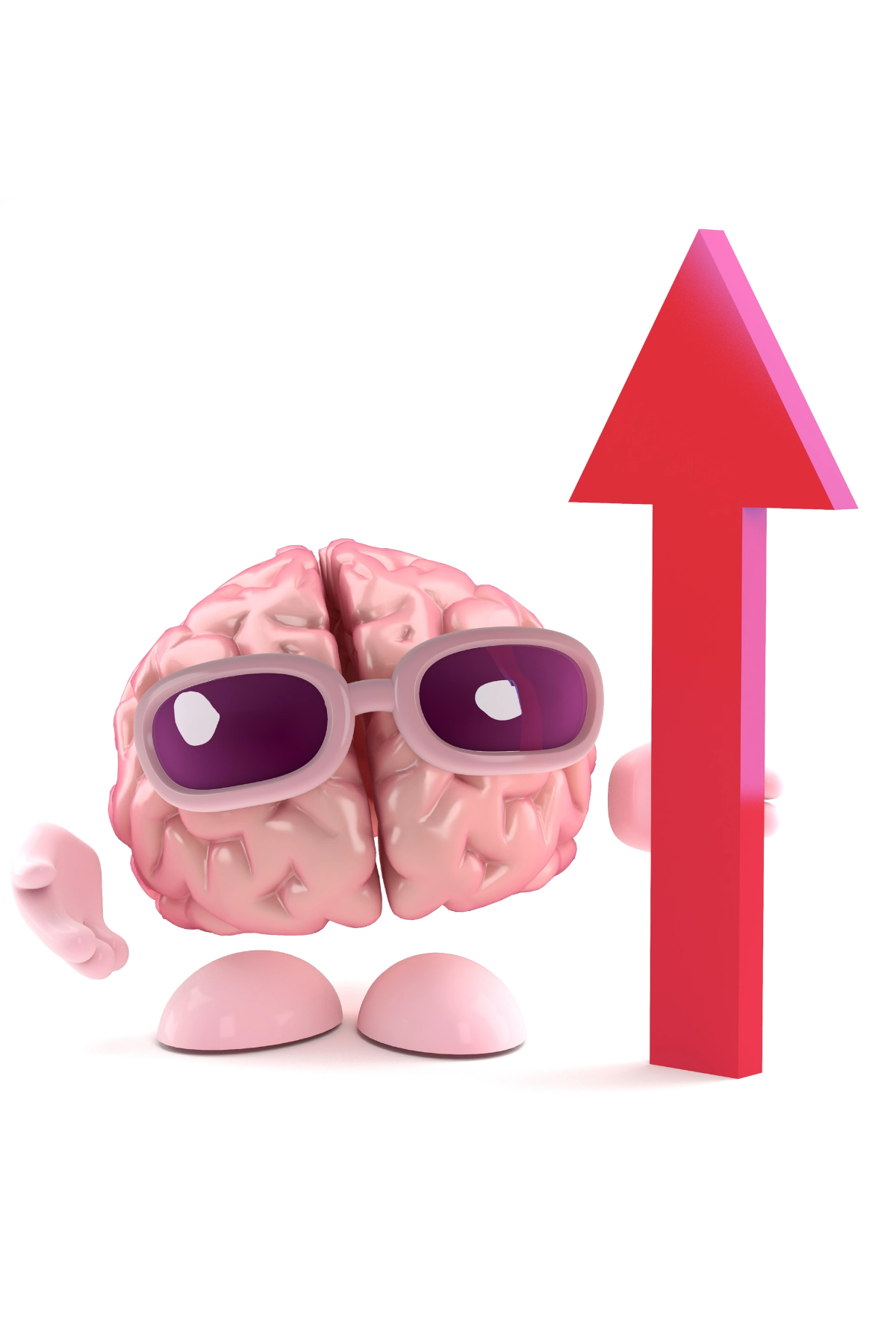MENTAL HEALTH

What Is Mental Health?
Mental health encompasses emotional, psychological, and social well-being. It influences our thoughts, feelings, and actions, shaping how we manage stress, connect with others, and make life decisions. Good mental health is more than the absence of mental illness; it involves thriving emotionally and socially.
Key components of mental health include:
- Emotional Well-being: The ability to manage emotions effectively.
- Cognitive Functioning: Maintaining clarity in thought and decision-making.
- Social Relationships: Building and maintaining healthy connections.
- Self-Care Practices
- Regular Exercise: Physical activity releases endorphins, boosting mood.
- Balanced Nutrition: A healthy diet can positively influence mental clarity and emotional stability.
- Adequate Sleep: Aim for 7-9 hours of quality sleep nightly.
- Building Resilience
- Mindfulness Meditation: Helps focus on the present and reduce stress.
- Gratitude Practices: Focusing on positive aspects of life fosters emotional strength.
- Problem-Solving Skills: Approach challenges with proactive strategies.
- Seeking Support
- Therapy and Counseling: Professional guidance can provide coping tools and emotional validation.
- Support Groups: Sharing experiences with others facing similar challenges fosters community and understanding.
- Open Communication: Talking with trusted friends or family members helps reduce feelings of isolation.
- Stress Management Techniques
- Deep Breathing: Reduces physical symptoms of stress.
- Time Management: Organizing tasks and priorities reduces overwhelm.
- Relaxation Activities: Hobbies and leisure activities provide emotional relief.
- In the Workplace:
- Encourage open discussions about mental health.
- Provide resources such as Employee Assistance Programs (EAPs).
- Promote work-life balance and stress management initiatives.
- At Home:
- Foster a supportive environment where feelings are acknowledged.
- Engage in family activities that promote bonding.
- Teach children the importance of emotional awareness and self-regulation.

When to Seek Professional Help
It’s important to seek professional assistance if:
Symptoms persist for an extended period.
Daily functioning is severely impacted.
Thoughts of self-harm or harm to others arise.
Professional mental health services include psychologists, psychiatrists, counselors, and social workers. Early intervention can prevent issues from escalating and improve long-term outcomes.
Conclusion
Investing in mental health is a lifelong journey. By understanding the challenges and practicing healthy habits, individuals can achieve emotional well-being and resilience. Whether through personal practices, community support, or professional assistance, prioritizing mental health leads to a more fulfilling and balanced life.
Take steps today to nurture your mental health. You’re not alone, and help is available when you need it.


